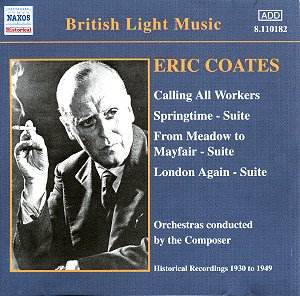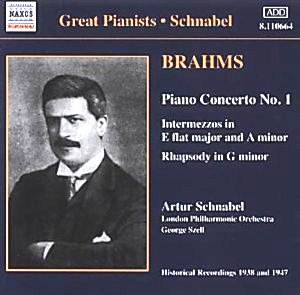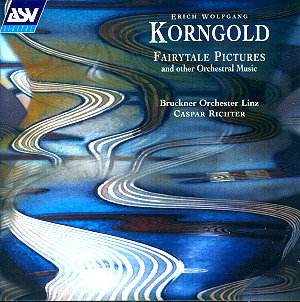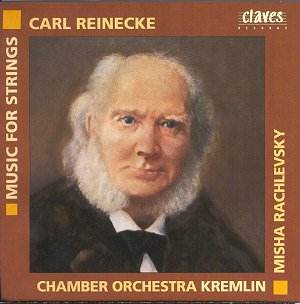 Composer: Eric Coates
Composer: Eric Coates
Works: Calling all workers; Springtime; From Meadow to Mayfair; With a song in my heart; London Again; By the Tamarisk; The Three Bears
Performers: Light Symphony Orchestra, Court Symphony Orchestra, New Symphony Orchestra, Eric Coates, conductor
Recording: Recorded between 1930-1940
Label: NAXOS HISTORICAL 8.110182
Eric Coates, a pivotal figure in British light music during the early to mid-20th century, is often overshadowed by his more illustrious contemporaries. This collection presents a compelling overview of his orchestral works, recorded between 1930 and 1940, a period during which Coates was establishing his voice in the realm of orchestral composition while also serving as a conductor. His works, characterized by their melodic charm and rhythmic vitality, reflect a blend of pastoral nostalgia and urban sophistication, making them a unique contribution to the British repertoire.
The standout piece, “Calling All Workers,” captures Coates’ talent for creating stirring, accessible music. It is a work whose robust orchestration and buoyant themes resonate with an infectious energy. Coates’ conducting reveals a meticulous attention to the bass line, which forms a solid foundation for the vibrant upper voices. The performance is marked by a brisk tempo and a clarity of texture that allows the various orchestral colors to emerge distinctly. This commitment to precision is evident throughout the recording, showcasing the conductor’s dual role as composer and interpreter.
“Springtime,” recorded shortly after its 1937 premiere, exhibits a reflective quality that contrasts sharply with the more energetic selections. Its Romantic leanings, particularly in the second movement “Romance,” evoke a sense of wistfulness and nostalgia. The orchestral palette here is lush, yet Coates refrains from overindulgence, maintaining a disciplined approach that serves the music’s emotional core. The engineering quality of the recording captures the warmth of the strings and the clarity of the woodwinds, although one might argue that it lacks the dynamic range found in more modern interpretations.
“From Meadow to Mayfair” marks a significant turning point in Coates’ oeuvre, merging pastoral elements with urban influences. The thematic development in this work is particularly noteworthy; the transformation from rustic motifs to the more sophisticated march captures the essence of the composer’s evolving style. The lively orchestration is deftly handled by the orchestras, who navigate the changing moods with agility. Coates’ admiration for American composers like Gershwin is palpable here, as he imbues his writing with both charm and sophistication, yet with a distinctly British sensibility.
The “Symphonic Rhapsody – With a Song in My Heart” stands out not only as a tribute to another composer but as a showcase for Coates’ own lush harmonic language. The arrangement is grand yet intimate, demonstrating Coates’ ability to blend rich textures with melodic lines that are both memorable and engaging. This work, alongside “London Again,” serves as a reminder of Coates’ success in capturing the essence of the city, painting vivid sonic landscapes of well-known locales like Oxford Street and Mayfair. The orchestration here is particularly effective, with the brass sections providing a bright, celebratory quality that is infectious.
The final piece, “The Three Bears,” is a delightful phantasy that showcases Coates’ wit and imagination. The performance is executed with precision and humor, with playful inflections that bring the narrative to life. The recording quality here is exemplary, capturing the nuances of the performance with clarity and vibrancy.
Each of these works, while perhaps less recognized than Coates’ more famous pieces, demonstrates his mastery of orchestral writing and his ability to engage listeners through melodic invention and rhythmic vitality. The recordings capture both the spirit of the era and the essence of Coates’ artistry, making this collection a valuable addition to the catalog of British light music. The performances are not only well-executed but also reflect a deep understanding of the musical language of the time. This NAXOS release serves as a delightful testament to Coates’ legacy and is well worth the investment for both aficionados of light music and those seeking to explore the rich tapestry of early 20th-century British composition.



